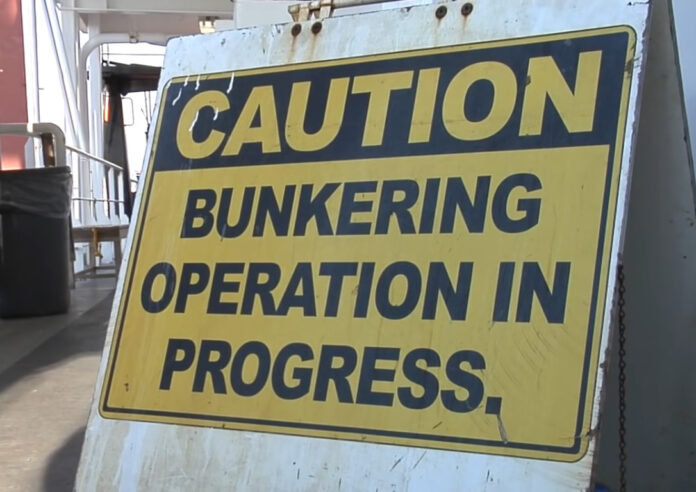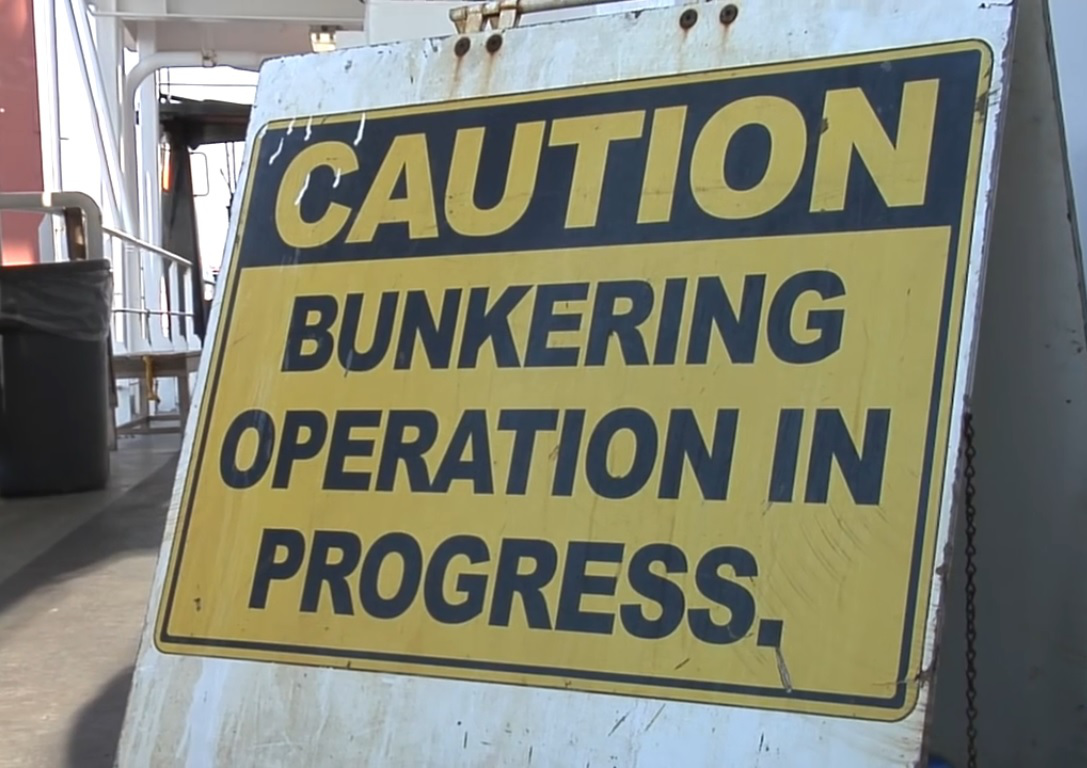
(www.MaritimeCyprus.com) The financial impact of environmental disasters as a result of poor bunkering procedures are a major problem for ship owners and managers globally. Negligence or poor oversight during the loading of bunker fuel can often result in major fines from local authorities, as well as substantial clean-up costs to minimise the impact of lost bunker fuel on the environment.
The London Club delivers practical loss prevention advice to members, drawing from the experience of the Club, its Members and industry sources to ensure effective and sensible operating procedures are in place on all vessels.
In order to promote these safe practices, the London Club is using an example of poor bunkering practices as a case study to showcase some the issues that need to be addressed before and during a bunker loading operation, as well as detailing measures that can be taken to ensure no fuel is lost overboard during such a procedure.
In this case study, the vessel arrived at its destination port to load cargo and take on a stem of bunkers. The Chief Engineer elected to take some shore leave and delegated his duty to oversee the bunkering to a junior engineer officer.
The bunker barge pulls up alongside and the crew connects the delivery hose to the bunker manifold. The junior engineer collects the bunkering procedure checklist, but decides that because the bunkers are being loaded into an empty tank, there was no need to go through all the procedures in the checklist.
With the bunker barge ready to start, the deck watchman is called to open the valve to 2 Centre Bunker Tank. However, the tank valves are poorly stenciled. Instead of checking further, the crewman opens 1 Centre Bunker Tank, which is already more than 75% full. The junior engineer officer is then distracted by a phone call from home on his mobile and walks away, assuming it will be a long time until the bunkering process is complete.
Sadly, 2 Centre Bunker Tank then overflows from the tank vent, with bunker fuel covering the deck area and spilling overboard into the water. Only the bunker barge team notices this overflow and immediately stops pumping but at that point the damage is already done.
Financial impacts
More than 26,000 litres of bunkers were lost overboard and the financial implications for the owners were significant. This included:
· $6.5 million in environmental clean-up costs
· A $750,000 fine from local authorities for pollution
To add to this, the crew later falsified SMS documents, which could have resulted in further criminal charges.
Best practices
This case study showcases a number of oversights and negligent practices when it comes to safely and securely loading bunkers onto a vessel. The London Club has detailed a number of practical guidelines that would ensure accidents like this do not occur. This includes:
- Ensure all crew responsible for bunkering operations have sufficient experience and knowledge
- Follow prescribed SMS bunkering procedures
- Have toolbox meetings to discuss all operations
- Agree an emergency signal and procedure with the bunker barge
- Clearly mark all valves with the spaces they serve
- Do not allow distractions such as mobile phones on duty
- Do not falsify documents
Source: London P&I Club













